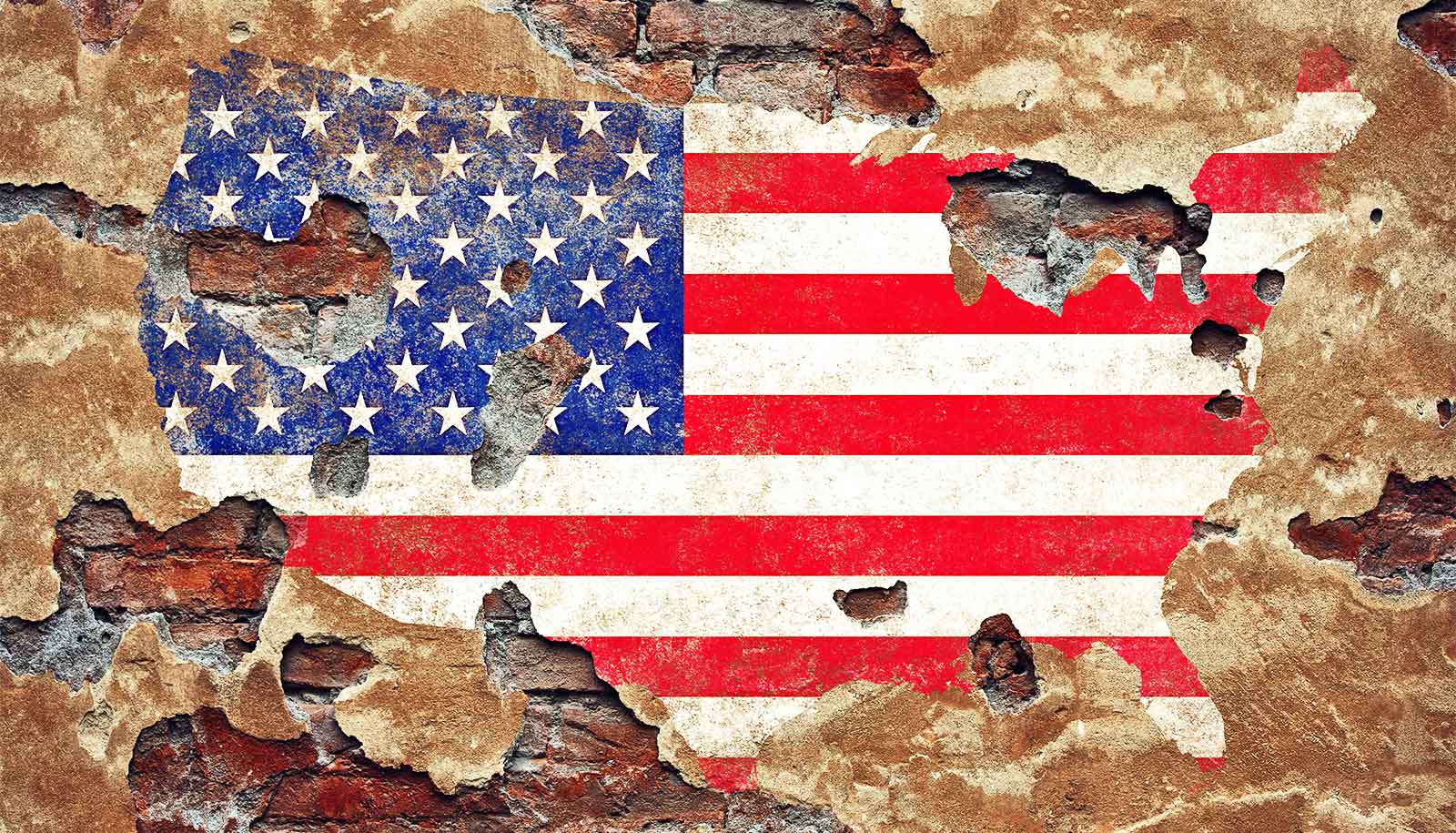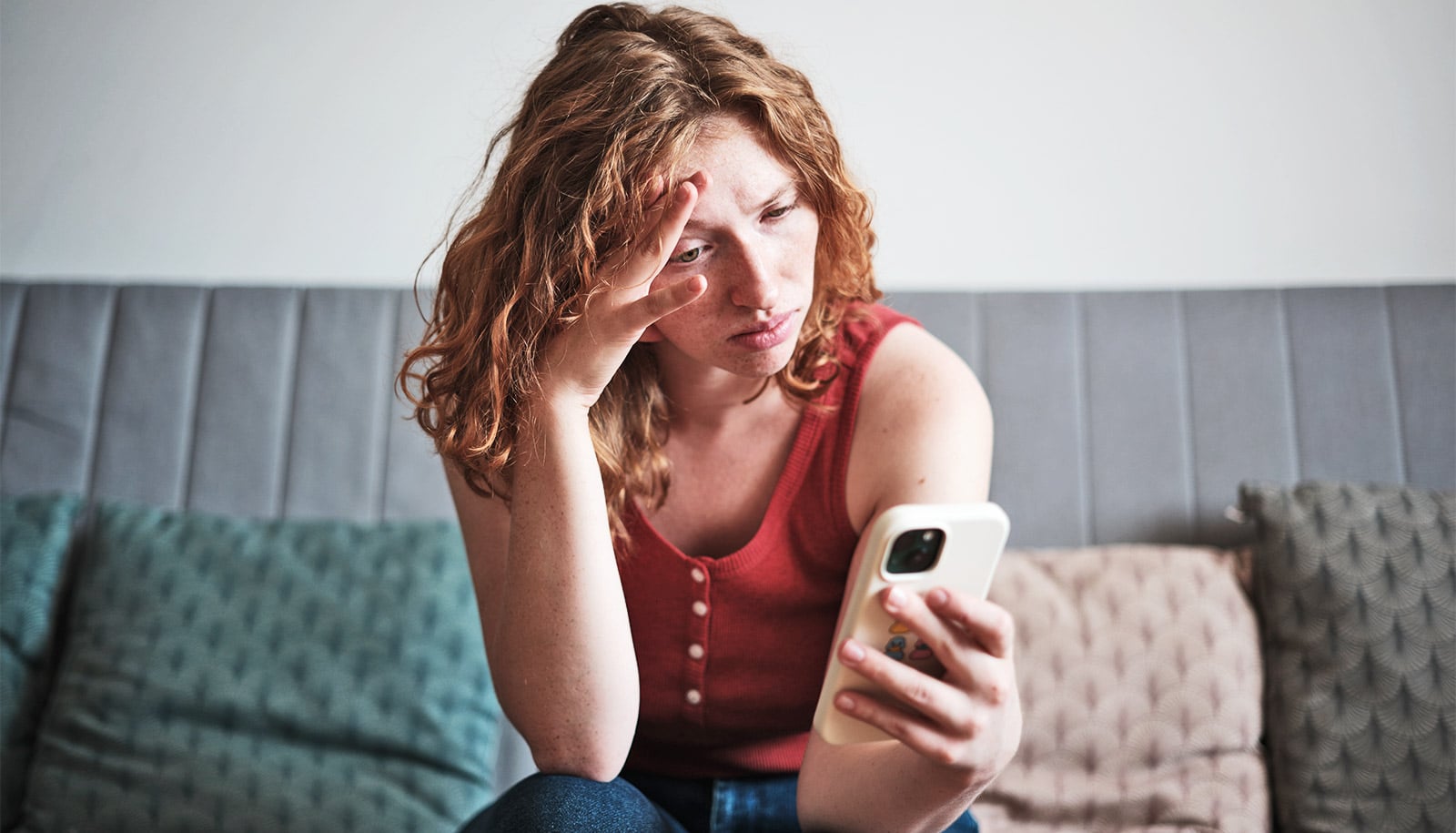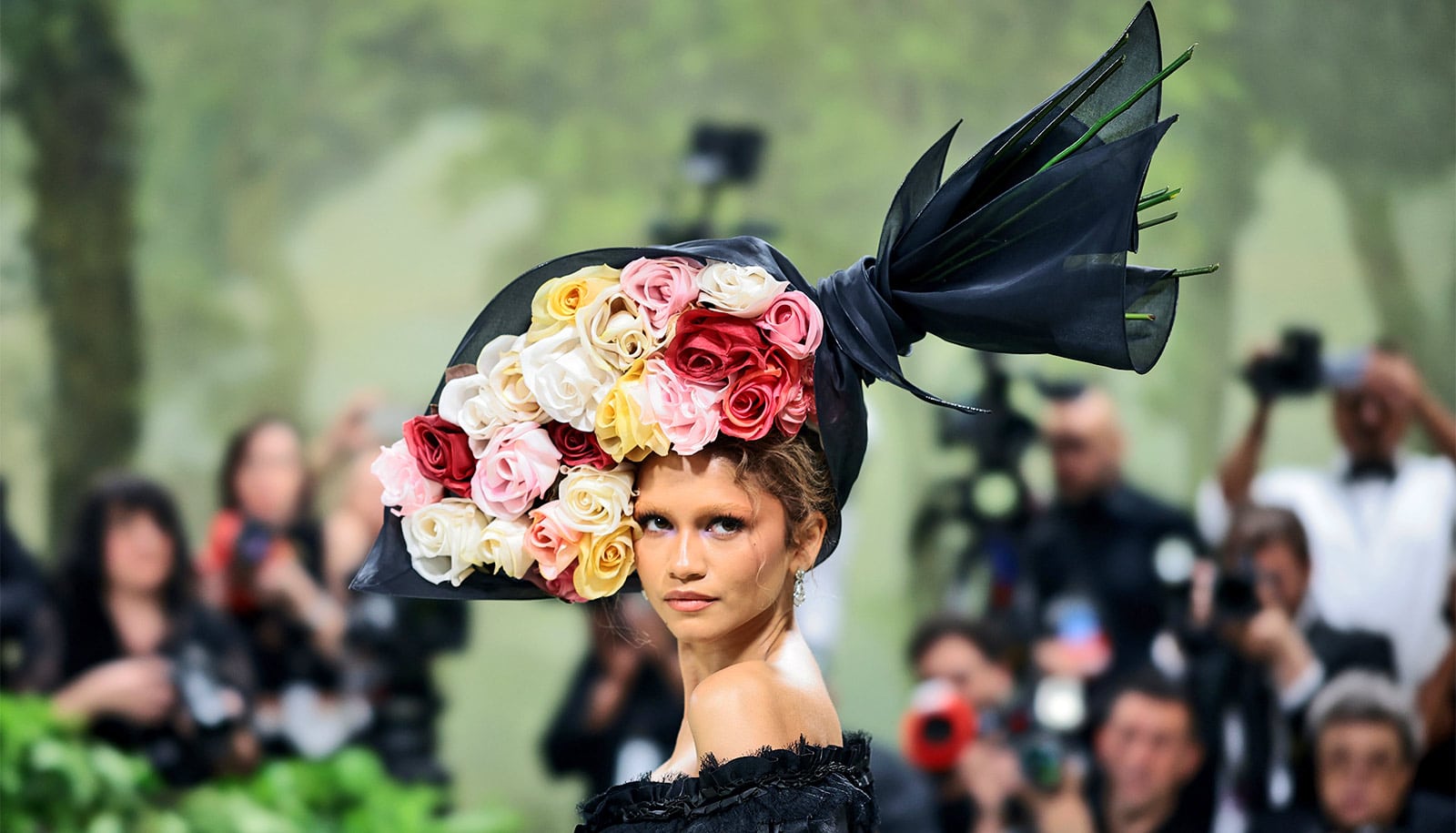Special Prosecutor Robert Mueller’s investigation into ties between Russia and Donald Trump’s 2016 presidential campaign seems to be gathering steam with the recent indictment of twelve Russian military intelligence officers for hacking into Hillary Clinton’s campaign and the Democratic Party.
“It’s an open question whether a sitting president can be criminally prosecuted.”
This week the New York Times reported that before his inauguration Trump was shown evidence that Russian President Vladimir Putin had directed cyberattacks aimed at helping Trump win election, and the arrest of Russian national Maria Butina on espionage charges added to the intrigue.
David Sklansky, a professor of law at Stanford University and a former federal prosecutor, discusses the investigation.
What’s the significance of the New York Times‘ report that President Trump was briefed about proof that Russian President Vladimir Putin had directed cyberattacks aimed at helping Trump win the 2016 election?
Trump has repeatedly cast doubt on the conclusion—endorsed by all of the US intelligence agencies—that Russian interfered in the 2016 election in an effort to defeat Hillary Clinton. He’s done that despite the considerable evidence of Russian interference already in the public record.
What’s new in the New York Times story is that Trump wasn’t just aware of all of the evidence the rest of us were aware of. He had additional evidence, stronger than what has previously been disclosed, supporting the inference of Russian interference.
In private, Trump apparently acknowledged the strength of the evidence. So his repeated efforts to cast doubt on the fact of Russian interference in the election look even more irresponsible—and, I would say, even more duplicitous.
If these new revelations are true, what implications do they have for Special Counsel Robert Mueller’s investigation?
The underlying evidence shown to Trump is relevant to the central question that Mueller is pursuing: what ties existed between the Trump campaign and the Russian government, and how, if at all, did they cooperate?
The fact that the information was provided to Trump, before he even took office, will also be relevant to Mueller for purposes of investigating whether the President was trying to obstruct justice—when, for example, he fired FBI Director James Comey.
Obstruction of justice depends on bad intent, and the information provided to Trump is evidence of his intent later on. It makes it harder for Trump to argue that he was operating under the good faith belief that the investigation of Russian interference in the election was a “witch hunt” or a waste of time.
Suppose Mueller concludes that Trump did try to obstruct justice. What can Mueller do about that? Is a sitting president immune from criminal prosecution?
It’s an open question whether a sitting president can be criminally prosecuted. But once he leaves office Trump could be prosecuted for any crimes he committed as president, including obstruction of justice. More importantly, obstruction of justice can be grounds for impeachment. That would be a question for Congress.
Last week, Mueller’s office indicted twelve Russian military intelligence officers for hacking into the Clinton presidential campaign and the Democratic Party and releasing key information in an effort to help Trump win election. Does the DOJ have any power to bring these Russian nationals to justice?
Minimal, unless they are foolhardy enough to travel to the United States or to a country that would be willing to arrest them and hand them over to us. Russia is not going to extradite them.
This past Tuesday, in a separate case, the Justice Department indicted and arrested a Russian national, Maria Butina, for acting as a foreign agent in the United States without registering with the Attorney General.
Why wasn’t this case handled by Mueller, and how does it relate to his investigation?
Among her other activities, Butina was apparently involved in efforts to set up a “back channel” meeting between Putin and Trump before the 2016 election, so the fact that she was operating as an unregistered foreign agent relates pretty directly to what Mueller has been asked to investigate. He almost certainly would have been acting within his authorization if he obtained the indictment.
We don’t know why the case was handled instead by the National Security Division of DOJ and the US Attorney’s Office in Washington, DC, but it could be simply that those prosecutors were handling the case before Mueller was appointed and both he and they saw value in having their investigations proceed in parallel.
That let Mueller devote his resources elsewhere. Just as important, it buttresses the credibility of his investigation by making clear that DOJ lawyers outside his office also are convinced that Russia has meddled criminally in our political processes.
President Trump said in an interview aired by CBS on Wednesday that he wants to talk with Mueller, but one of the President’s lawyers, Rudy Giuliani, said earlier this month that Trump won’t sit down with Mueller unless Mueller proves that he has evidence that Trump committed a crime and that Trump’s testimony is essential to completing the investigation.
What value is there for Mueller in talking with Trump? And can Mueller force the issue?
It’s always helpful to a criminal investigator to talk to the people at the center of the investigation. Even if Trump lies to Mueller, the lies may themselves be revealing. (Lying to Mueller about matters germane to the investigation would also be a felony.)
Mueller can’t force the President to sit down for an interview, but he can force him to testify under oath before a grand jury.
Expert: Trump-Putin summit raises big questions
That’s what Ken Starr did with President Clinton, although Clinton wound up testifying remotely instead of actually going to the grand jury room. And like lot of other people caught up in a federal criminal investigation, Trump may decide he would prefer to talk with Mueller informally rather than testify under oath before a grand jury.
After the indictment of the twelve Russian officers, Giuliani said that Mueller should wrap up his investigation, because the indictment shows that no Americans were involved and that President Trump is “completely innocent.” Is that a fair reading of the indictment? Do you get the sense that Mueller is close to wrapping up his investigation?
No and no. The indictment charges that the Russians were in communication with someone “in regular contact with senior members” of the Trump campaign. There is a lot that still hasn’t come to light, and there is every sign that Mueller intends to do what the Department of Justice asked him to do.
Source: Stanford University



